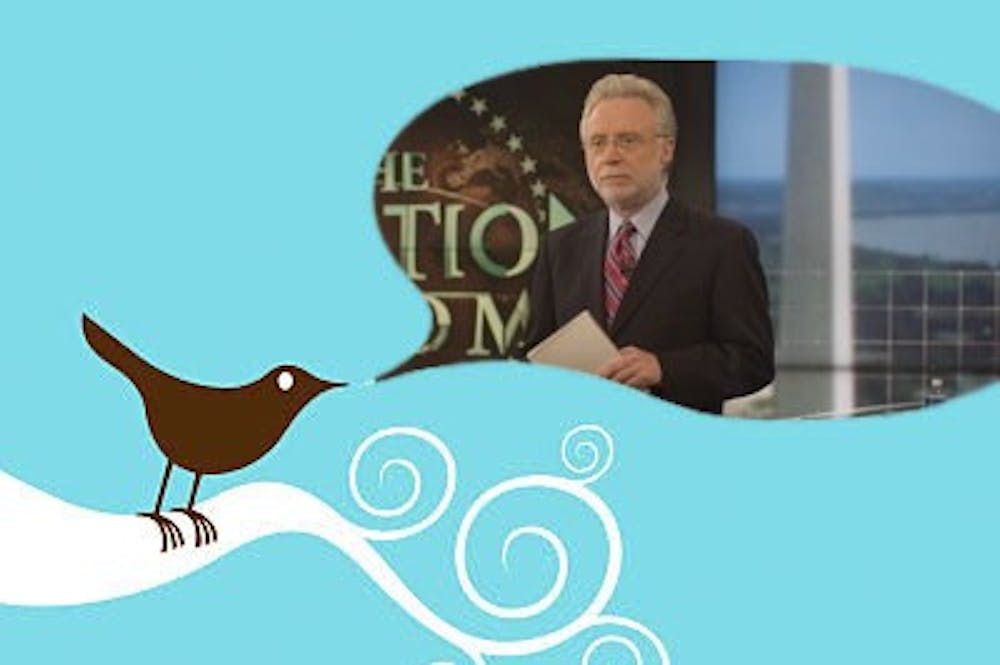As a good friend of mine said about a month ago, if anyone suggested the idea of a library in this day and age, a sort of communal stomping ground where books and in many cases, DVDs, CDs and even video games (something I've never been able to understand) were available for no charge, with the only limitation would be a system of time limits and fines if said limits are exceeded coupled with the scornful gaze of the librarians when you try and check something out only to find that you owe $5 for renting "Derailed," they would immediately be kicked around by publishing and media companies as a nutcase. How dare this chap encourage the further mooching by Americans off of their wealth of informative and cultural products? It's bad enough having to deal with the likes of Limewire (I'm sure there are still a few people using it) and the multitude of torrent sites, but to have a brick-and-mortar haven for freeloaders to simply come in with a card and come out with a cartload of media, well that would just spell the end of everything, wouldn't it?
I'm not going to go into the history of how libraries came to be, and just why they've remained despite not making very much economic sense (since we all know the social and cultural importance of institutions is unimportant), instead I'd like to shift the topic toward public ownership of media. What's going on in Iran right now is revolutionary, not just because of the political messages being sent through the streets of Tehran, but also due to the way in which it's being covered. The networks have barely any coverage of their own, the papers have minimal reach within Iran's borders and filling in this gap is a breadth of amateur coverage. Nobody has to buy a paper or turn into a channel to discover what's going on in Iran, and while this has been true with pretty much every news event of the past few years, never before (save for the initial coverage of the London bombings several years ago) has the majority of the coverage originated from amateurs.
Blogs and aggregate news sites are mooches, taking the reporting that other agencies slaved over and repackaging with a link and a few deft comments (sounds familiar, no?) but now there's a undercurrent of these sites not doing their own reporting, but instead being the main conduit of the common man covering the events around him. Whereas before there needed to be a reporter on the scene, given an enormity of importance, folks will carry on with the reporting as they see fit, leaving the rest of the media in a reversed position. Anyone watching broadcast news over the past week knows that the media is just commenting on reporting that originates from non-reporters, instead of the blogs leering over Fox and Friends and blabbering about a report they did.
Yes, there are massive limitations here. With the lack of a journalism background comes a lack in objectivity (not in the commenting that television hosts do, but in the gathering of information and coverage of events, which is a critical differentiation to make) and little patience for uninteresting matters that don't draw much attention on a national scale. This is where "big media," newspapers in particular, can swoop in and completely take control of localized coverage, something that many companies are already trying to do.
Despite its obvious awkwardness about having to use YouTube clips as the basis for their programs and not being ahead of the information-gathering pack, the media, there is a bit of hope to be found in this double-sided Iranian revolution. It might come to be that in situations where amateur journalists can have the will and the access to thrive, the media can cut many of their costs, letting the average Joes to take up the bill on the group while they serve not as the gatherer, analysit and judge of every bit of information, but instead as a service provider, setting up a portal through which amateur reporting can be seen and then coupled with both professional reporting (albiet on a smaller scale) and the professional (a term used loosely here, given the quality of cable news) commentating and debate that only a large media company can provide.
Think of it like this: Whereas before the likes of CNN were rock bands that served as their own managers and owned the venues they performed in, they might now be better suited for merely owning the venues and occasionally peforming, allowing smaller acts performing similar numbers to share the spotlight for most of the set.
Bringing it back to the library comment, just by making cultural and information-based goods free doesn't mean that you're immediately crippling their production. Instead, the media now has to provide people a reason to tune into them or buy their products on top of being a source of information that, as Iran has proven, can be readily obtained through more personal, cheaper venues. It's all about adding value to a product, the value in owning a book is in convinience, being able to toss it about without worrying about damages, not having a time limit attached to its completion. The value in news may not simply be tied to having the best reporters in the field, but rather, in recognizing the best mix of professional and amateur material and serving as a conduit through which people would be compelled to purchase the product through the sheer quality and quantity of options.


